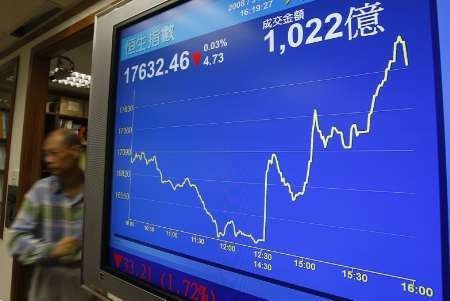Dedicated center for emerging markets research at Cornell University

As a step forward towards synchronizing with dynamic global business realities of the present, Johnson at Cornell University has launched an exclusive Emerging Markets Institute (EMI) which will facilitate emerging markets research and education by bringing together preeminent practitioners and academics under its umbrella.
Speaking on the need for such an Institute, Javier Perez, Acting Executive Director of the EMI and a Visiting Senior Lecturer of Management says, As emerging markets continue to grow in importance, there is a need for increased research on a number of important business issues and for better dissemination of that research.
Leading faculty and experts at Cornell also unanimously point to the presence of strong demand for greater attention to emerging markets from current and prospective students, corporate recruiters as well as alumni.
Perez himself has worked extensively in India, China and across Asia and Latin America (as a partner of McKinsey & Company) and has advised large multinational and domestic corporations in these countries on portfolio strategy, market entry, joint ventures and acquisitions. He, along with co-academic directors Ya-Ru Chen - professor of Management and Global Business and Andrew Karolyi - professor of Finance and Global Business, will be working to model EMI as a premier hub of research on challenging emerging market issues.
Through a combination of research, teaching, experiential exposure, and outreach initiatives, the Institute aims to immerse participants in topics and strategies that have affected development and growth in emerging economic regions.
With economic growth and employment creation becoming increasingly concentrated in emerging economies, the need for a robust framework and effective tools to analyze these markets has been a pressing one for some time now. Naturally, business schools around the world also realize the imperative for specific focus on these regions.
As early as 2000, the Cass Business School in London established the Emerging Markets Group, or EMG, which engages in academic research in the areas of Foreign Exchange and Financial markets with particular reference to emerging economies.
The new Global MBA launched by ESSEC Business School in Paris also states an explicit objective to provide professionals unique insights into current critical global challenges such as energy, health care and transportation in emerging markets.
Earlier this year, Harvard Business School Professors Tarun Khanna and Krishna G. Palepu collated a series of popular articles written by them on the subject for HBR and published Winning in Emerging Markets: A Roadmap for Strategy and Execution.
In a more recent blog, Khanna writes in detail about game changing innovations in emerging markets and concludes: It's not too late for Western business leaders to shine a light on (these) ideas emanating from the world's newfound economic petri-dishes. A good start would be to abandon shibboleths regarding emerging markets and recognize the expanding areas of innovation emanating from them.
© Copyright IBTimes 2025. All rights reserved.





















